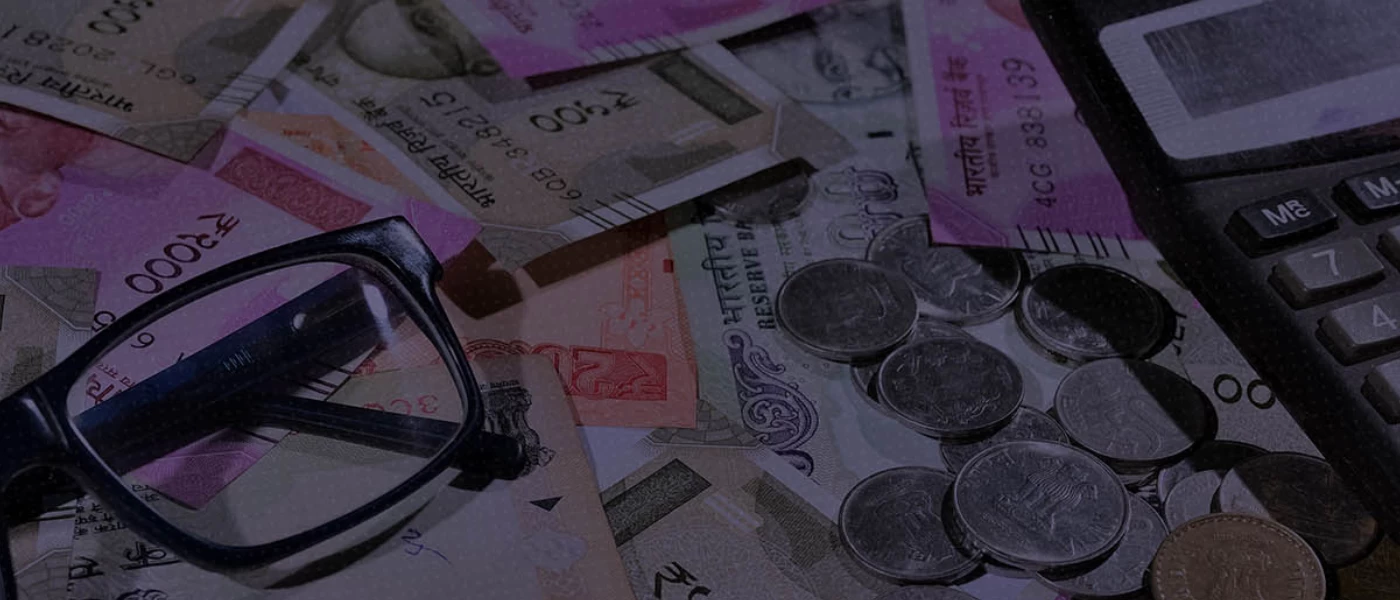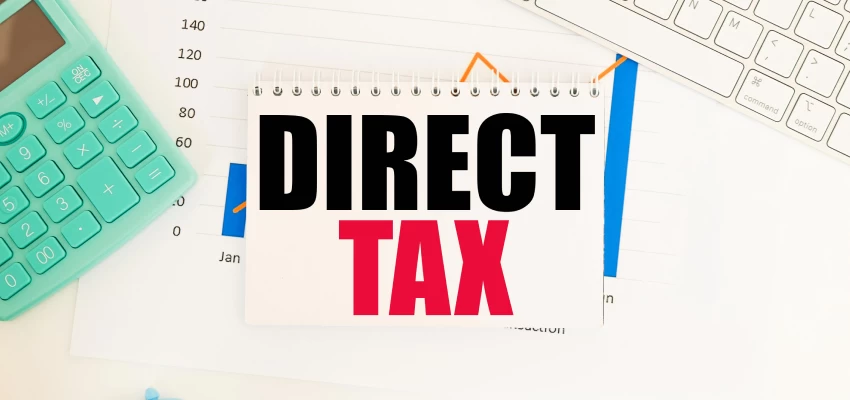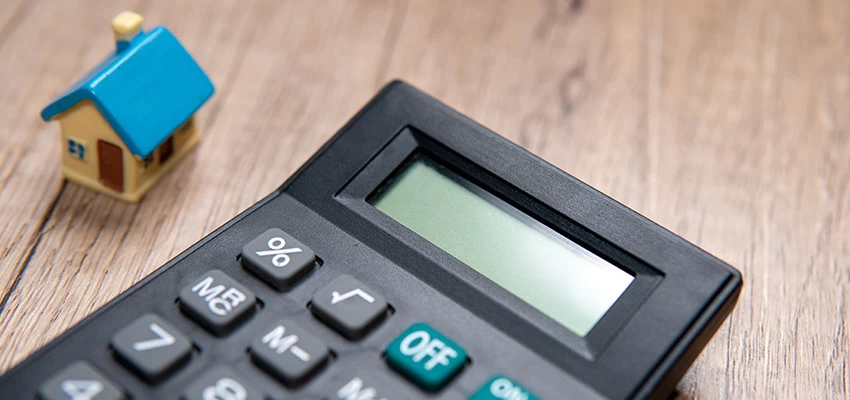Introduction
Finance Bill, 2022 has brought in certain amendments with an intent to augment revenue and one such amendment is fetched into Section 14A of the Income-tax Act, 1961 (‘Act’). Section 14A of the Act was introduced in the year 2001 with retrospective effect from the year 1962 to state that no deduction shall be granted towards an expenditure incurred in relation to an income which does not form part of the Total Income. The method for identifying the expenditure incurred is prescribed under Rule 8D of the Income-tax Rules, 1962 (‘Rules’). From its inception, applicability of this provision has always been a subject matter of litigation and one such point that has been oft debated is regarding disallowance of expenditure in the absence of exempt income.
In the year 2009, a Delhi Special Bench Tribunal[1] took a view that when an expenditure is incurred in relation to an exempt income, irrespective of the fact whether any exempt income was earned by the Assessee or not, disallowance should be grieved by the Assessee. To further this, a circular was issued by the CBDT in the year 2014[2] reiterating the view of the Special Bench. However, even after the circular issued by CBDT, rulings still emerged that when there is no exempt income, then disallowance under Section 14A is unwarranted following a simple rule that when there is no exempt income, there is no necessity to disallow the expenditure.[3]
In this backdrop, the Finance Bill, 2022 has proposed to insert an explanation to Section 14A to clarify that bereft exempt income being earned in any year, disallowance under Section 14A will still be attracted. The Bill further proposes to apply the amendment retroactively thereby changing the positions laid down by the Courts taken in favour of the taxpayers till date.
In light of this proposal, it is now imperative to identify the issues that may crop up on its application.
- Does the amendment cover only those scenarios where exempt income is NIL in a particular year?
- In such a case, will proposition laid down by the Courts that disallowance of expenditure should not exceed the quantum of exempted income still hold good?
- Whether the requirement to record satisfaction by the AO as provided in the second limb to Section 14A of the Act is still required to be adhered to?
Should disallowance be restricted to exempt income even after the amendment?
Among many other issues that skulked in on introduction of Section 14A, the issue pertaining to expenditure disallowance being higher than exempt income has been a point of litigation before various fora and decided in favour of the taxpayers[4] holding that disallowance under Section 14A cannot exceed the exempt income earned. With this being the position, now a question may arise in the minds of the taxpayers as to whether the proposed amendment will have its application only in a situation where exempt income is NIL. If the answer to this is in the affirmative, the next question would be whether the position laid down by the Courts as mentioned supra would continue to have authority?
Going by the plain reading of the explanation proposed, it appears to the naked eye that disallowance would be suffered only in cases where exempt income is not at all accrued or incurred in a particular year. That being the case, a taxpayer can still assert that a position that disallowance of expenditure cannot exceed the quantum of exempt income would continue to apply dehors the amendment proposed.
Can disallowance be litigated where no exempt income is received at all from an investment?
Another issue that needs to be analysed is whether an assessee can argue against disallowance under Section 14A where no exempt income is received in any year against an investment that has potential to provide an exempt income.
Illustration:
Let us assume that an Assessee ‘X’ had made some investments in shares for which he is eligible to get dividend income. These incomes were earlier exempt in the hands of the X. However, X had not received any dividend for 3 consecutive years. As per the amendment proposed, X was subjected to Section 14A disallowance for the expenditure incurred. X then sells the shares and pays necessary tax for the same. Can X now go to the authority and seek to nullify the disallowances made as no exempt income was received by him for any of the years where he suffered disallowance?
The essential question is, is mere potential to earn an exempt income sufficient to make a disallowance in cases where an assessee has actually not earned any exempt income during the period when an investment was held by him?
In the view of the Author, X can take an argument before a court of law that one cannot predict exempt income to be received if not accrued at all in a year and that to comply with the amendment proposed, the department for the purpose of calculation, must draw up all the exempt income received over the years and carry out the disallowance under Section 14A restricting to that quantum of exempted income alone.
It would be interesting to see how Courts appreciate these arguments in light of the proposed amendment.
Is recording of satisfaction still mandatory?
Also, one may wonder if the legal positions laid by the Courts that an AO must first record his satisfaction as to the correctness of the claim of the Assessee in respect of expenditure incurred in relation to exempt income before invoking Rule 8D for disallowing expenses under Section 14A should still be adhered to or not after the proposed amendment.[5]
It is the view of the author that this requirement of the AO to record his satisfaction will not be done away with by the proposed amendment. Even on application of the amendment proposed, if the AO proposes to disallow the expenditure in a year in which no exempt income is earned by applying Rule 8D, he should still record his satisfaction with well-founded and cogent reasons as to why he thinks that an assessee has incurred any expenditure relating to exempt income. The AO should be in a position to pinpoint, with an acceptable degree of accuracy, that the expenditure which was incurred is related to the income which is not subject to tax.[6]
Whether the provisions of Section 14A will have retroactive application?
Another possible issue that can arise is the retroactive application of the provision. Though the bill says that the amendment is going to be made effective from AY 2022-23 only, the explanation inserted portrays a different understanding. Generally, when an amendment is brought into a statute, it is considered to be prospective unless stated otherwise expressly. The amendment proposed in the section is worded as under:
‘Section 14A shall apply and shall be deemed to have always applied in a case where exempt income has not accrued or arisen or has not been received during the financial year and the expenditure has been incurred in relation to such exempt income.’.
The provision proposed seems to apply for past transactions as well. It is an accepted and known principle of law that an amendment cannot operate retrospectively if it would saddle liability on an Assessee in the absence of any legal requirement existing at that point in time. As the amendment proposed seeks to tax the Assessees for the past years as well where disallowance had not been made, would it mean that the amendment is contrary to the well settled position of law? Or because the said amendment is brought in the nature of providing clarity, can it be assumed that the liability to suffer disallowance had always existed since its inception?
Conclusion
The Budget 2022 has brought in such an amendment to Section 14A with a seeming intent to provide clarity to the controversies surrounding Section 14A. But has it really put a stop to the storm is something that one has to wait and observe.
[The Author is a Principal Associate in Direct Tax Practice Team, Lakshmikumaran and Sridharan Attorneys, Chennai]
- [1] Cheminvest Ltd. v. CIT, (2009) 317 ITR 86.
- [2] Central Board of Direct Taxes (CBDT) Circular No. 5/2014 dated February 11, 2014.
- [3] CIT v. Corrtech Energy Pvt Ltd., (2014) 223 taxmann 130 (Guj); CIT v. Holcim India Pvt. Ltd., (2015) 57 taxmann.com 28 (Del).
- [4] Marg Ltd v. CIT, (2020) 120 taxmann.com 84 (Madras).
- [5] PCIT v. Moonstar Securities Trading and Finance Co. P. Ltd. [2019] 105 taxmann.com 275 (SC); CIT v. Celebrity Fashion Ltd. [2020] 119 taxmann.com 426 (Mad); Marg Ltd. v. CIT [2020] 120 taxmann.com 84 (Mad).
- [6] [2007] 107 ITD 267 (Del-Trib.).











